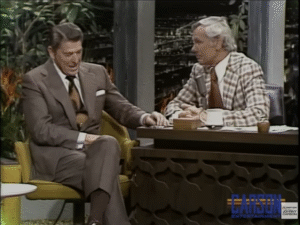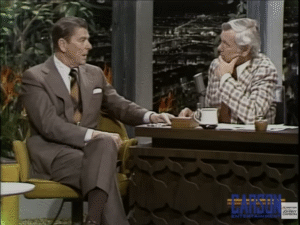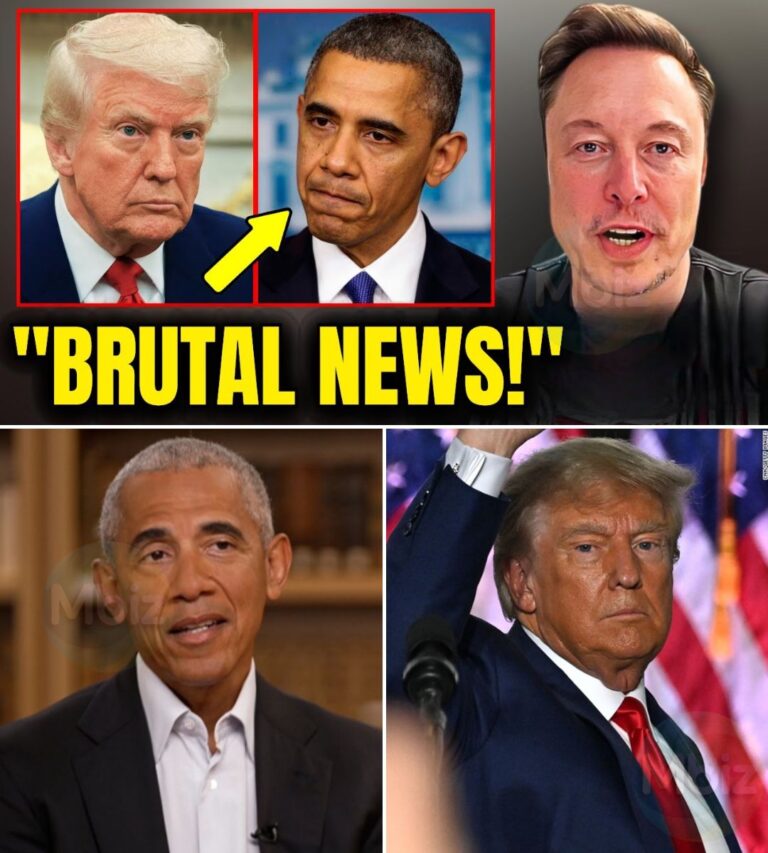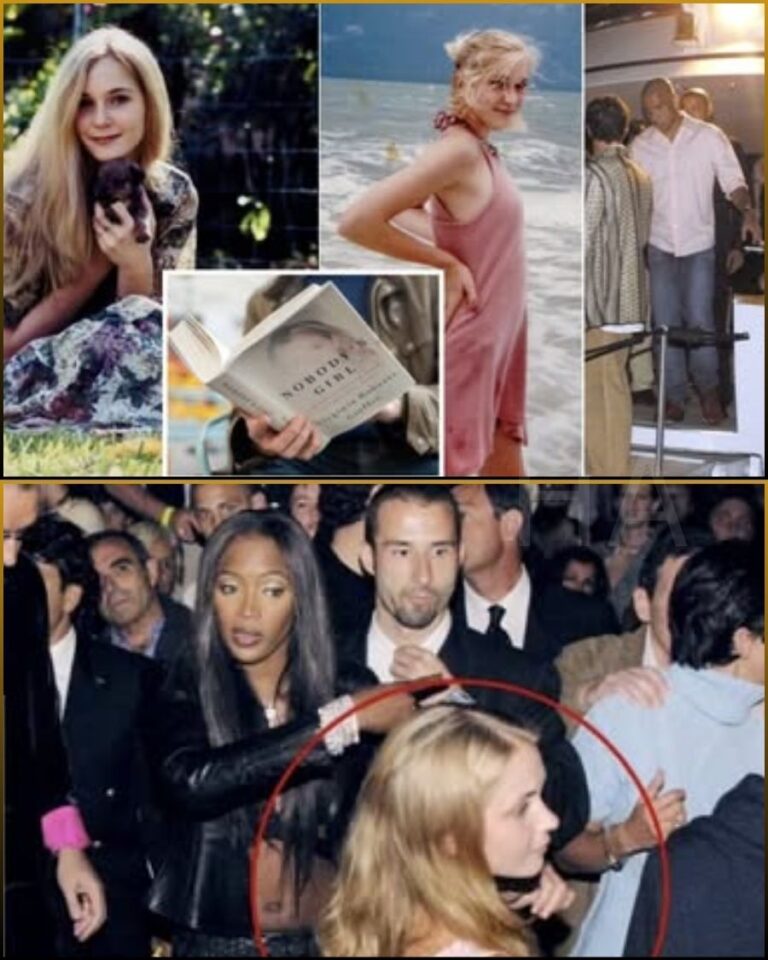The cameras rolled, the applause echoed, and yet there was an almost tangible tension in the air — not the nervous kind, but the quiet weight of history being made in real time. Ronald Reagan, poised beneath the bright studio lights of The Tonight Show, exuded the same ease that had won him film audiences decades earlier, yet there was something different this time: the gravity of a nation’s gaze pressed subtly against his practiced smile. Johnny Carson, ever the master interviewer, leaned in with that blend of humor and insight that could disarm the toughest guest, probing with questions that were light on the surface but heavy with subtext.

Reagan’s answers danced on the knife-edge between charm and subtle persuasion. Each joke, each laugh, each anecdote was more than entertainment — it was a carefully orchestrated display of persona, a man shaping perception with every syllable. The audience roared at the banter, unaware that they were witnessing the shaping of a political figure before his rise to the highest office in the land. Carson, recognizing the subtle layers beneath Reagan’s polished delivery, pressed gently, teasing out glimpses of conviction behind the Hollywood smile, glimpses of a man preparing for roles far beyond the screen.

As the conversation shifted between humor and reflection, Reagan revealed flashes of depth, moments where his practiced charisma slipped just enough to hint at the resolve and strategic mind that would later define his presidency. Laughter punctuated insights, timing became a tool not just for jokes but for influence, and the rhythm of dialogue felt almost cinematic — a rehearsal for destiny disguised as late-night entertainment.
Decades later, watching this exchange is like peering through a window into a moment when the line between performance and purpose blurred. The Tonight Show stage became more than a set; it became a proving ground, a place where Reagan’s natural warmth, quick wit, and calculated charm converged, foreshadowing the leader he would become. The smiles, the quips, the subtle nods to experience and empathy — all of it coalesced into a performance that was, in retrospect, both casual and monumental. Fans, historians, and television enthusiasts alike can sense it: the evening Johnny Carson met Ronald Reagan wasn’t just a broadcast; it was the quiet unfolding of a legacy, a lesson in presence, persuasion, and the subtle art of shaping history one laugh at a time.





